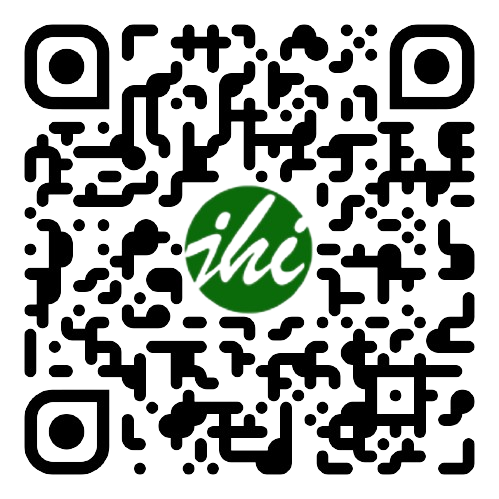Peran Politik Ekonomi Islam dalam Melaksanakan Globalisasi Masyarakat Ekonomi Asean (MEA)
DOI:
https://doi.org/10.28918/jhi.v0i0.744Abstract
This article discusses the role, influence, and political expediency of Islamic economics in implementing the ASEAN Economic Community (AEC) in Indonesia. This study used a qualitative descriptive approach. In exploring the data, the researcher try to determine the facts of the data collected from the research results for further processed and analyzed. The researcher used inductive thinking which describes particularly the political concept of Islamic economics then correlated with the case in general, namely the ASEAN economies. That concept combined with the results of research in the field, including uncovering a problem in MEA. The results of this study indicate that the political economy of Islam in the MEA in Indonesia aims to improve economic stability Muslim and non- Muslim communities in Southeast Asia and is expected to overcome the problems in the economic field between countries of ASEAN. The MEA consequences of the agreement in the form of the free flow of goods to the ASEAN countries, the impact of the free flow of services, the impact of the free flow of investment, the impact of the flow of skilled labor, and the impact of the free flow of capital. These things can certainly result in positive or negative for the economy of Indonesia. Therefore, from the government side also conducted strategy and the steps that Indonesia is ready and able to take advantage of the momentum of the MEA.
Downloads
Published
How to Cite
Issue
Section
License

This work is licensed under a Creative Commons Attribution-ShareAlike 4.0 International License.
Jurnal Hukum Islam use a variety of waivers and licenses that are specifically designed for and appropriate for the treatment of data:
- Open Data Commons Attribution License, http://www.opendatacommons.org/licenses/by/1.0/(default)
- Creative Commons CC-Zero Waiver, http://creativecommons.org/publicdomain/zero/1.0/
- Open Data Commons Public Domain Dedication and License, http://www.opendatacommons.org/licenses/pddl/1-0/
Other data publishing licenses may be allowed as exceptions (subject to approval by the editor on a case-by-case basis) and should be justified with a written statement from the author, which will be published with the article.













.png)














